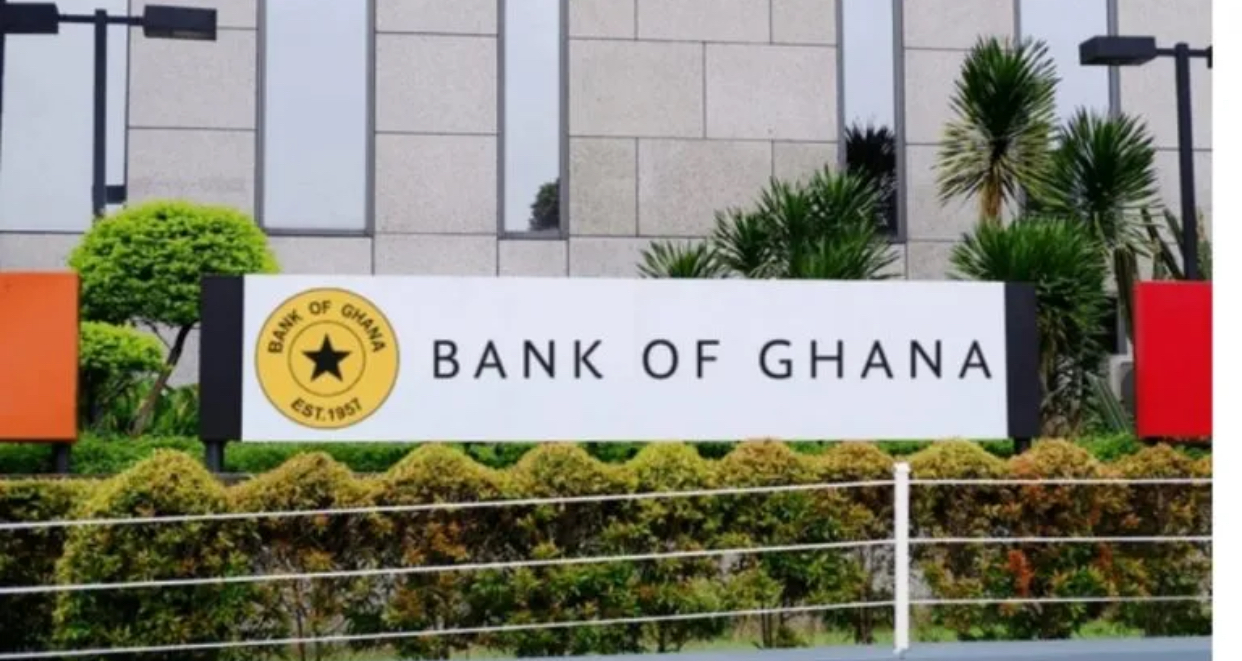President John Dramani Mahama has confirmed that the Bank of Ghana (BoG) has withdrawn its interventions in the foreign exchange market, a decision he says has revealed both the strengths and vulnerabilities of the cedi.
Speaking at his maiden media encounter on Wednesday, September 10, the President explained that the withdrawal followed months of sharp appreciation of the local currency.
“Yes, the Bank of Ghana has been intervening in the forex market, but they have now withdrawn,” he said. “What happened was that, because of the rapid appreciation of the cedi, we saw an exponential increase in imports—people could access cheaper dollars, and so they imported more, which is a natural economic phenomenon. On the other hand, exporters were unhappy because they received fewer cedis for their earnings.”
Mahama stressed the need to strike a delicate balance between protecting exporters and avoiding excessive costs for importers.
“Every country tries to find a balance where exporters can do good business while importers are not overburdened by high forex rates. Where exactly that lies, I cannot say—I am not a central bank. But the cedi is making adjustments, and I believe it will eventually settle at a sustainable rate. Our target is to ensure any depreciation that occurs is contained within about 5% per annum.”
He recalled public concerns during the cedi’s fluctuations. “At one point, when the cedi was dropping, people asked whether it would fall below ¢10. I explained that it was undervalued at ¢16 and probably overvalued at ¢10, but somewhere in between lies its true value.”
The President acknowledged that volatility in 2024 had created difficulties for businesses and households. “When you experience steep depreciation—as we did in the first half of 2024, with a 25% decline in the currency—it makes planning extremely difficult,” he noted.
He linked some of the pressure on the cedi to reduced inflows from abroad, citing a 50% fall in remittances. “The sharp appreciation discouraged many in the diaspora from sending money home. If someone wanted to remit $100,000, they felt they were losing significant value, so they held back, expecting the cedi to rise again.”
Mahama also disclosed that investigations had uncovered irregularities in the forex market. “Some money transfer companies collected dollars abroad but failed to repatriate them. In other cases, individuals secured forex allocations through commercial banks to finance imports, but the goods never arrived in Ghana.”
According to him, the scale of such practices is alarming. “Over a four-year period, about $42 billion left the country without corresponding imports. We have already sanctioned some banks and will soon begin interrogating individuals who took money out under the pretext of imports that never came.”
He warned that such abuses undermine the economy and must be addressed firmly. “We want to know what happened and, where wrongdoing is established, sanction those involved. While we work to stabilise the economy and strengthen the cedi, we must also protect it. A strong cedi benefits all of us, and we must condemn any attempts to exploit the system.”













